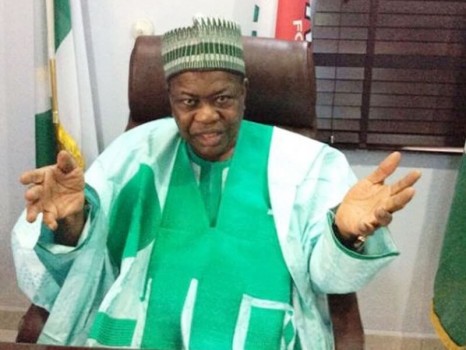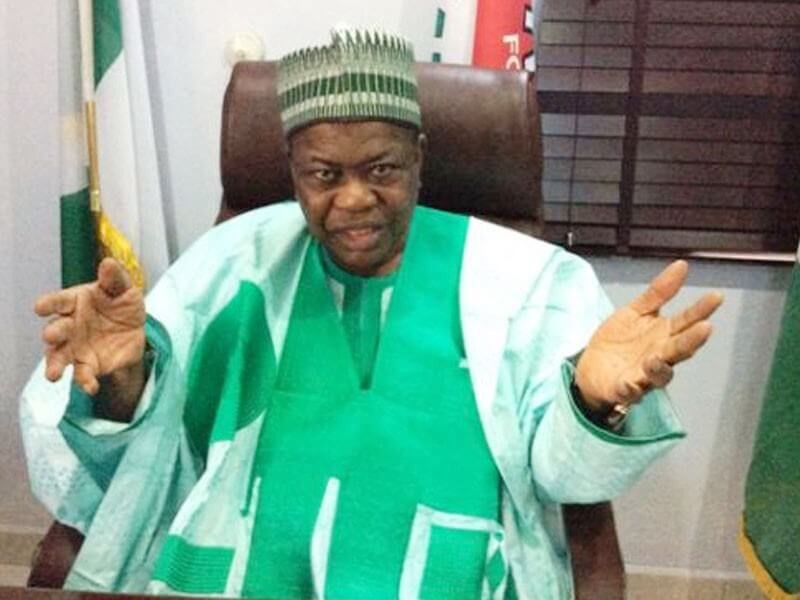
The crisis rocking the Labour Party has deepened. On Monday 27th February 2017, another factional leadership emerged. As a result, there are now three different factions claiming national leadership of the party.
The crises started in 2013, in the build-up to the national convention of the Party in Akure. Olusegun Miniko, Ondo State, the only governor of the Party decamped to the Peoples Democratic Party (PDP). The quick reaction of the Nigeria Labour Congress (then under the leadership of Abdulwahid Omar) was to call for a change of venue for the convention from Akure to Abuja.
This did not go down well with the national leadership of the Party. Dan Nwanyanwu insisted that the Party should continue with the Akure convention. Abubakar Abdulkadir Salam was elected National Chair and Kayode Ajulo was elected the National Secretary.
The Nigeria Labour Congress (NLC) and the Trades Union Congress (TUC) subsequently came up with a caretaker committee led by Salisu Mohammed as the caretaker Chair of the Party.
Recently, on 27th February 2017, there was a factional NEC meeting of the Party that claims to have sacked the National Chair, the Deputy National Chair and the Acting Secretary of the Party, over allegations of corruption and dictatorial tendencies. These allegations are similar to the ones made by former Board of Trustees Chair, Dan Nwanyawu when he resigned his position and membership of the Party.
The factional NEC now has Bobo Atare Adou, the National Vice Chair South South, as the national chair of the party and Akingbade Oyelekan as the acting secretary.
Several years after the formation of the Party, it is now obvious that the NLC strategy of forming the Labour Party to provide the working class with political leadership has not been fulfilled.
One fundamental challenge that the Labour Party faces is the lack of a clear cut ideology. This is because it denied the fact that Marxism is the fundamental theory of the working class. But there is no way we can have a Labour Party that is truly oriented on the working class when its objectives, strategy and tactics are not determined in accordance with Marxist theory and on the basis of an analysis of specific existing conditions.
Every party draws up a programme in which it indicates its long term objectives and its immediate aims. The programme aims to be the point of departure for a strategic plan which is worked out with due account of the specific situation and the balance of strength in the given country and on the international scene.
When Tony Blair took control of the Labour Party in Britain he changed its programme. It was not longer a party designed to get trade unionists elected to parliament. The Party accepted the ‘war on terror’, despite the largest demonstrations ever seen in Britain. It also accepted the legal restrictions on the trade unions and the need for austerity. As a result, it ceased to be a Labour Party.
More recently, Jeremy Corbyn became leader of the British Labour Party and re-asserted its former aims and objectives. Three hundred thousand people have joined the Labour Party and it is now the largest political party in Europe.
From the aforementioned, it is obvious that the current political arrangements in terms of the character of the Labour Party cannot midwife a working class government in Nigeria. The NLC needs to take a deeper look at the Labour Party and determine what its programme should be.
As with the British Labour Party, a clear programme against austerity and recognition of the need for a far more equal society could lay the basis for the re-birth of the Labour Party. But this would have to include clear links to the NLC and the trade union movement to demonstrate its working class nature and sympathies with Marxism.
by Peter Adejobi









